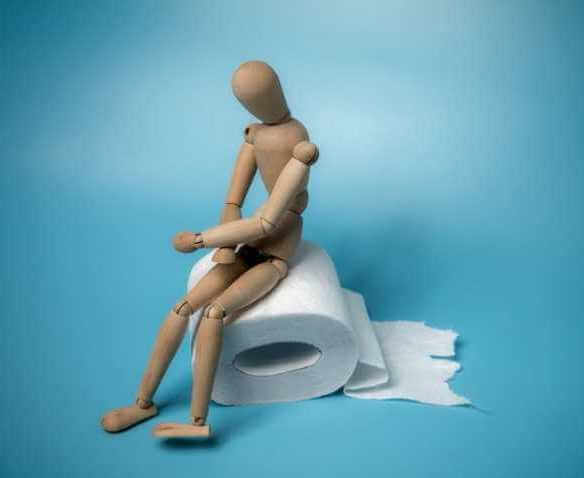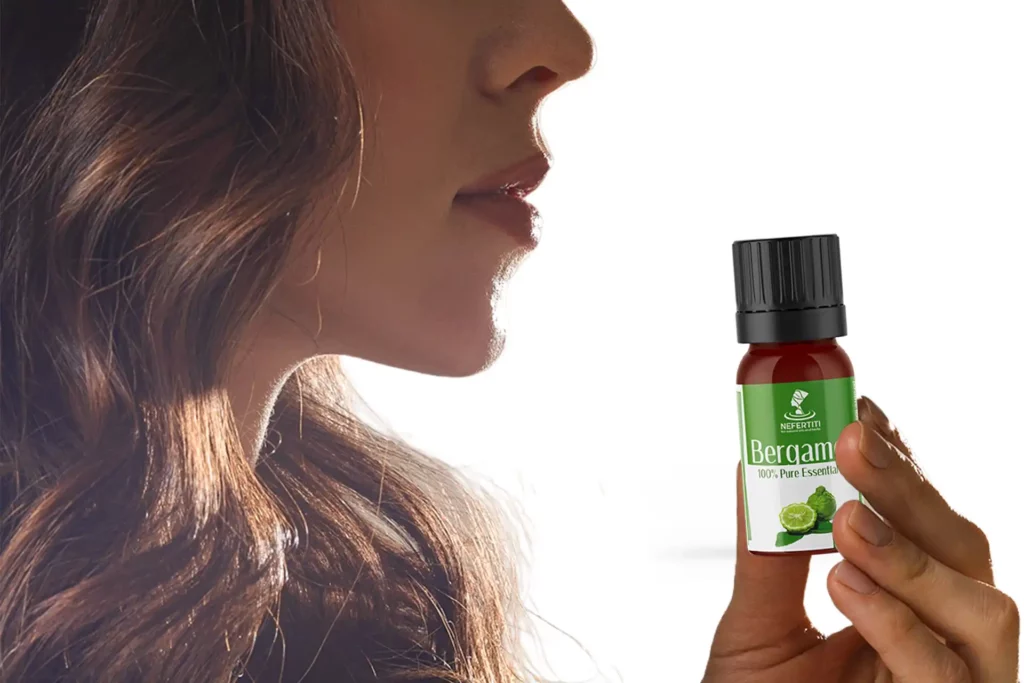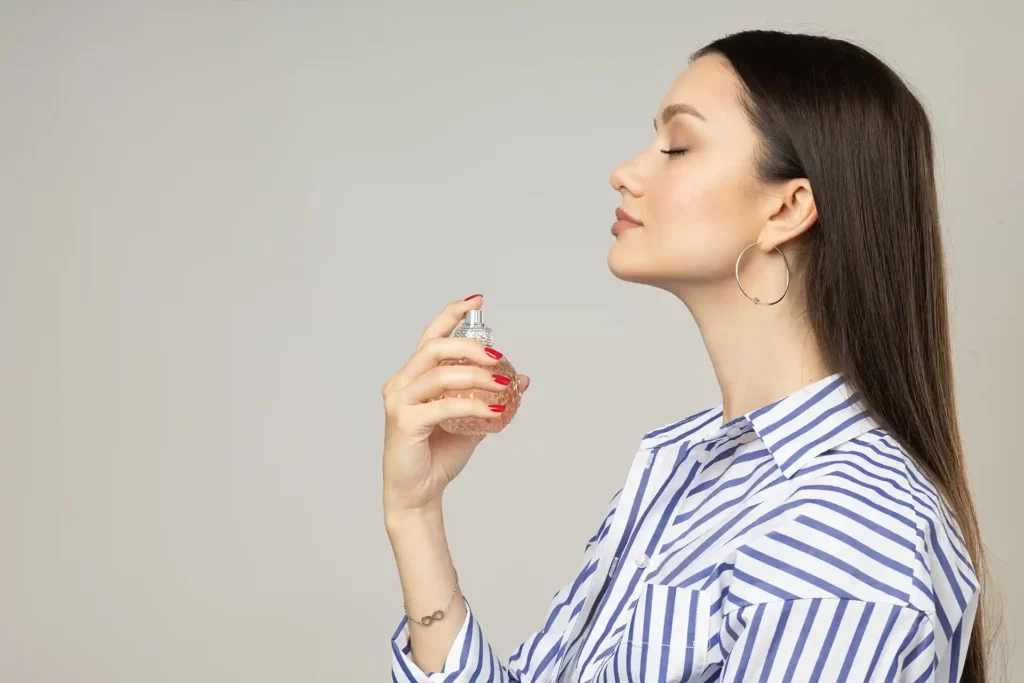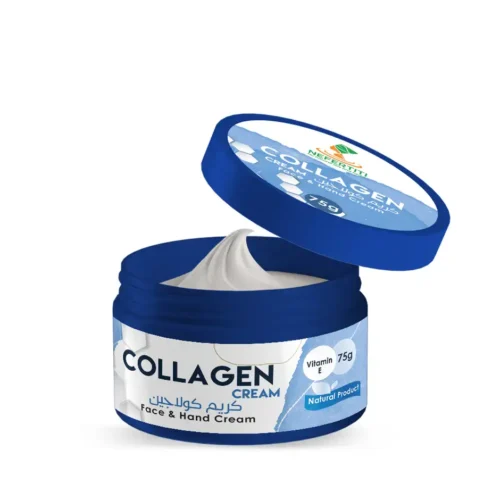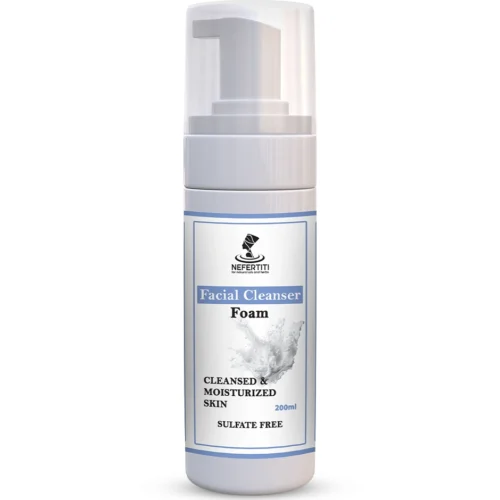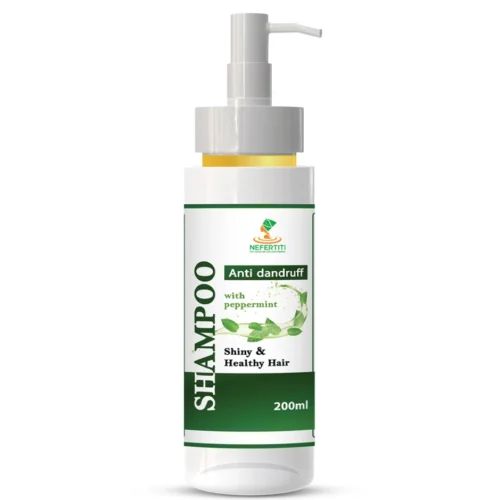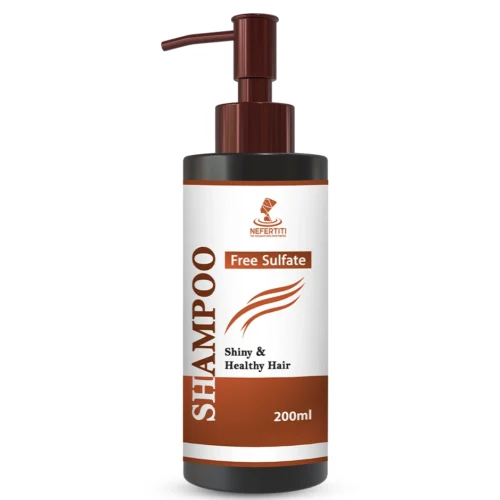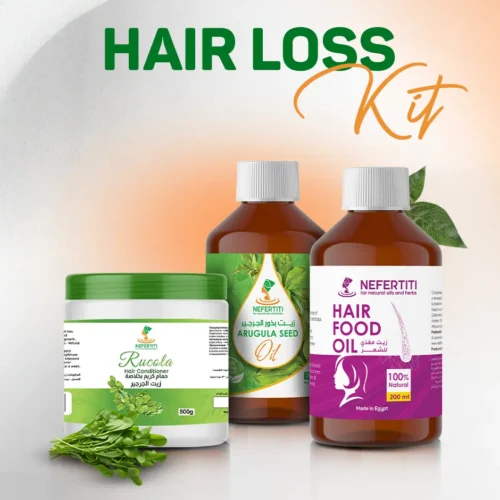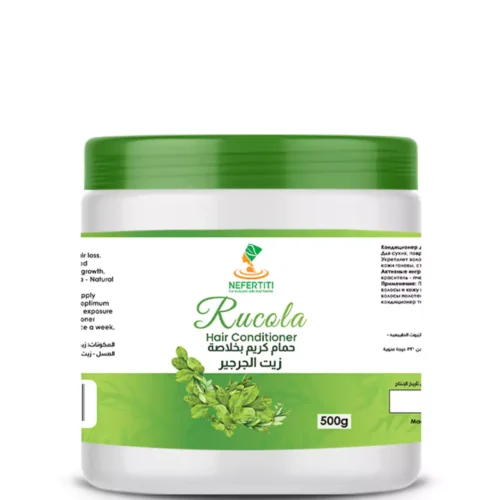Haemorrhoids, not the nicest subject to talk about, but something that should be addressed since it’s estimated that three in four adults will suffer with haemorrhoids from time to time during their lifespan. So what are haemorrhoids, also known as piles?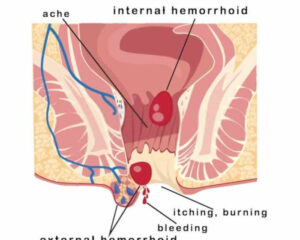 They are actually swollen veins, somewhat similar to varicose veins, which can develop inside the rectum (internal) or under the skin outside the anus (external). The exact cause of haemorrhoids is unknown, although they may be attributed to constipation, obesity, pregnancy, postural defects, spending too much time sitting on the toilet, constantly lifting heavy weights, or other factors which cause a restriction in the blood circulation to the rectum. What is known is that the discomfort of haemorrhoids often leads to constipation, which in itself aggravates the piles, so it can be a vicious circle.
They are actually swollen veins, somewhat similar to varicose veins, which can develop inside the rectum (internal) or under the skin outside the anus (external). The exact cause of haemorrhoids is unknown, although they may be attributed to constipation, obesity, pregnancy, postural defects, spending too much time sitting on the toilet, constantly lifting heavy weights, or other factors which cause a restriction in the blood circulation to the rectum. What is known is that the discomfort of haemorrhoids often leads to constipation, which in itself aggravates the piles, so it can be a vicious circle.
For many people haemorrhoids are painless, and they may not even be aware that they have them, but symptoms can include itchiness, blood after passing a stool (the blood will be bright red), soreness or swelling around the anus, mucus discharge after passing a stool, or a lump hanging outside the anus after passing a stool which will need to be pushed back inside. Occasionally a blood clot can develop which causes excruciating pain, particularly in the first 24-48 hours, with the clot usually being reabsorbed within two to three weeks, although it may need to be lanced by a doctor if it does not resolve itself. Large, both external and internal, can cause extreme discomfort or pain when sitting.
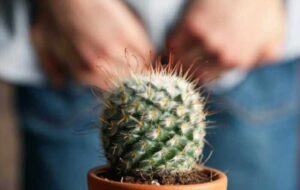 So what’s the treatment? A doctor will complete a rectal examination to check the condition of the haemorrhoids (and confirm that they are the cause of the symptoms), and may choose to address them with haemorrhoid cream or a medical procedure such as a sclerotherapy (a chemical is injected into the vein to damage in the innermost lining of the vessel, causing a clot to block the vein so that it destroys the vein which will eventually turn to scar tissue), a rubber band ligation (a rubber band is literally wrapped around the base of the haemorrhoid, cutting off its blood supply and causing it to wither away), infrared coagulation (for treatment of internal haemorrhoids where a beam of infrared light is directed at the haemorrhoid, causing scar tissue and cutting off its blood supply), or surgery (an incision is made and the actual haemorrhoid or clot is removed).
So what’s the treatment? A doctor will complete a rectal examination to check the condition of the haemorrhoids (and confirm that they are the cause of the symptoms), and may choose to address them with haemorrhoid cream or a medical procedure such as a sclerotherapy (a chemical is injected into the vein to damage in the innermost lining of the vessel, causing a clot to block the vein so that it destroys the vein which will eventually turn to scar tissue), a rubber band ligation (a rubber band is literally wrapped around the base of the haemorrhoid, cutting off its blood supply and causing it to wither away), infrared coagulation (for treatment of internal haemorrhoids where a beam of infrared light is directed at the haemorrhoid, causing scar tissue and cutting off its blood supply), or surgery (an incision is made and the actual haemorrhoid or clot is removed). Since haemorrhoids are generally not dangerous, many people chose not to visit a doctor through fear of pain, embarrassment, or simply not having the time. So how can we speed up the recovery time? Moisturising is very important for alleviating haemorrhoids, since dryness can make them worse. Let’s look at what Mother Nature can provide us with to lessen the severity, and accelerate the recovery time without any side effects or additional trauma:
Since haemorrhoids are generally not dangerous, many people chose not to visit a doctor through fear of pain, embarrassment, or simply not having the time. So how can we speed up the recovery time? Moisturising is very important for alleviating haemorrhoids, since dryness can make them worse. Let’s look at what Mother Nature can provide us with to lessen the severity, and accelerate the recovery time without any side effects or additional trauma:
Black Seed Oil
Black seed oil has incredible anti-inflammatory, antioxidant, antibacterial and analgesic properties to treat internal and external haemorrhoids, helping to reduce swelling, inflammation, itching and pain, and allowing them to heal quicker. Furthermore it can help treat digestive issues and relieve constipation which is both a factor and an irritation to haemorrhoids.
Apply the black seed oil topically to the affected area, using a cotton swab, for instant relief from pain and inflammation. Repeat at least twice a day.
Drink half a teaspoon of black seed oil morning and night.
Aloe Vera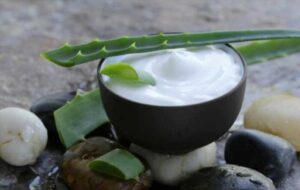
Aloe vera is known for its soothing effect and has traditionally been used to treat haemorrhoids. The powerful anti-inflammatory, antioxidant, antibacterial, antifungal, astringent and analgesic properties in aloe vera make it an effective topical treatment for haemorrhoids, helping to soothe any irritation. It is deemed safe for this use by the National Center for Complementary and Integrated Health. Researchers have found that aloe vera inhibits the production of prostaglandin E2, a lipid active in the sebaceous glands which is pro-inflammatory, which is why it is such a potent anti-inflammatory agent. The instant cooling sensation brings relief from burning, itching and swelling, and boosts the healing process.
Apply the aloe vera generously to the affected area and massage in well, for instant relief from pain and inflammation. Repeat at least twice a day. For added relief, refrigerate the aloe vera for extra cooling benefits.
Olive Oil
Olive oil has strong anti-inflammatory and antioxidant properties, and is known to increase the elasticity of blood vessels and can help to shrink the haemorrhoid, in addition to providing relief from any itching. The omega 3 fatty acids can also help to improve bowel movement functionality, revitalise the skin and accelerate healing.
Apply the olive oil topically to the affected area, using a cotton swab, for instant relief from pain and inflammation. Repeat at least twice a day.
Drink a teaspoon of olive oil on an empty stomach.
Sesame Seed Oil
Sesame seed oil is rich in vitamin E with anti-inflammatory, antioxidant, antibacterial and antiviral properties. It absorbs into the deeper tissue very quickly and accelerates healing. Sesame seed oil is also good for digestion and will help to soften the stools thereby lessening any straining which aggravates the haemorrhoids, and is also a known cause.
Apply the sesame oil topically to the affected area, using a warm cotton swab, for instant relief from pain and inflammation. Repeat at least twice a day.
Drink a teaspoon of sesame oil added to a glass of water daily (or use as a salad dressing if preferred).
Coconut Oil
Coconut is rich in anti-inflammatory, antioxidant, antibacterial, antifungal and antiviral properties and can soothe the swollen veins and promote faster healing, and relieve any itching or burning. Since coconut oil is full of medium-chain fatty acids, it can help with digestive problems, in addition to acting as a lubricant to bring relief for constipation.
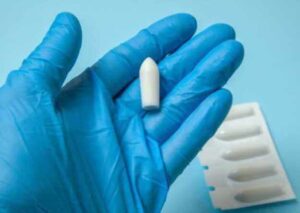 Apply the coconut oil topically to the affected area, using a warm cotton swab, for instant relief from pain and inflammation. Repeat at least twice a day. Or make suppositories by shaping the solid oil into cylinders (approximate width of a pencil), freeze, and insert into the rectum to bring instant relief to internal haemorrhoids. Add half a cup of coconut oil to a warm bath.
Apply the coconut oil topically to the affected area, using a warm cotton swab, for instant relief from pain and inflammation. Repeat at least twice a day. Or make suppositories by shaping the solid oil into cylinders (approximate width of a pencil), freeze, and insert into the rectum to bring instant relief to internal haemorrhoids. Add half a cup of coconut oil to a warm bath.
Incorporate some coconut oil into your diet – perhaps as a substitute for butter.
Enrich with essential oil
For added benefits, add a few drops of one of the following essential oils to any of the above natural products. Furthermore, their therapeutic properties can also be utilised via inhalation, so try adding a few drops to a humidifier.
Please note that essential oils must not be used internally.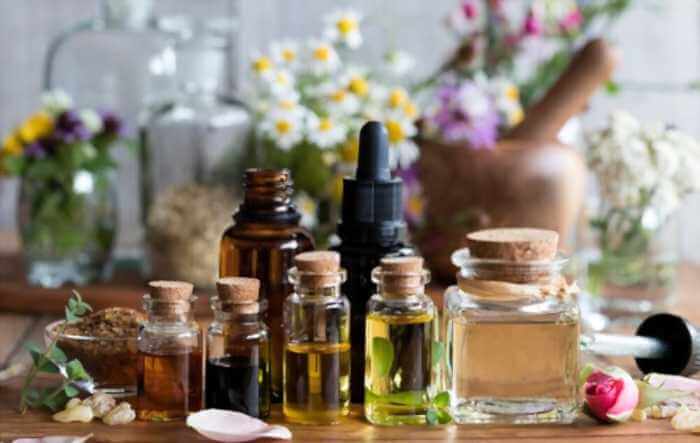 Tea Tree Essential Oil
Tea Tree Essential Oil
Tea tree oil is an extremely powerful anti-inflammatory and is one of the most commonly used essential oils as a home treatment for heamorrhoids, since there is evidence that it can help to shrink them. Additionally, tea tree oil has antiseptic, antimicrobial and antibacterial properties to reduce itching, burning, pain and discomfort and promote healing.
Note that tea tree oil is extremely strong and may not be tolerated by all people, so make a patch test first before applying to the sensitive skin around a haemorrhoid.
Frankincense Essential Oil
Frankincense oil has a long tradition of treating pain and inflammation. It is a rich source of sesquiterpenes, monoterpenes, esters and alcohols, providing it with anti-inflammatory, antioxidant, antimicrobial and analgesic properties, providing relief from swelling, inflammation, pain and constipation. It will also speed healing, boost the immune system, and bring relief to digestive issues such as constipation.
Peppermint Essential Oil
Peppermint oil is known for its instant cooling and soothing effect thanks to its main active ingredient, menthol. It has an anti-inflammatory, antifungal, antimicrobial, and healing effect, and is also a potent pain-killer and natural anaesthetic when applied topically.
Chamomile oil
Chamomile oil is extremely gentle and suitable for even sensitive skin types, and is traditionally used for its calming effect.  It has anti-inflammatory, antioxidant, antimicrobial, and analgesic properties to soothe and calm inflamed and irritated skin, and promotes skin healing.
It has anti-inflammatory, antioxidant, antimicrobial, and analgesic properties to soothe and calm inflamed and irritated skin, and promotes skin healing.
Lavender oil
Lavender oil is the “jack of all trades”. It has anti-inflammatory, analgesic, antibacterial, astringent, moisturising, cleansing, and skin healing properties, making it highly suitable to treat haemorrhoids, soothing and calming inflammation and itching.
Additional advice
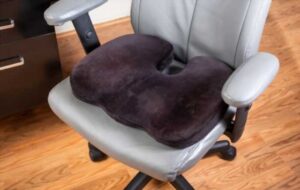
If home treatments haven’t been effective after two weeks, or symptoms change, seek the advice of a doctor to rule our other causes. In the meantime, what can you do to avoid the risk of haemorrhoids?
1. Check your diet
Straining to pass a hard stool is a major contributor to haemorrhoids, and an extreme irritant when you are suffering from them. The stool should be soft and easy to pass, so ensure that your diet contains enough fibre which can be found in seeds, fruits, green vegetables and whole grains.
2. Drink adequate fluids
It’s important to drink plenty of fluids since the right amount of fibre without adequate water intake can also lead to constipation. Drink at least one glass of water with each meal.
3. Don’t delay using the bathroom
Go when you need to, as delaying using the bathroom allows the body to reabsorb water from the stool, causing it to become hard and dry and therefore harder to pass. Likewise, don’t try to force yourself to go if you don’t need to. Straining to pass a stool increases the risk of haemorrhoids.
4. Don’t sit on the toilet for longer than necessary
The toilet should not be used as an ‘escape’ – an opportunity to read a book or play on your phone. This position puts strain on the anal blood vessels, and the longer you sit, the more likely you will need to strain. Both increase the risk of developing haemorrhoids.
5. Exercise
A lack of exercise slows your digestive tract, whereas just a little exercise can get everything moving satisfactorily and can help to improve or prevent digestive or bowel problems. Walking, biking, jogging, yoga – any will help.
If you are unlucky enough to experience haemorrhoids, please don’t suffer in silence, turn to Mother Nature for a helping hand.
